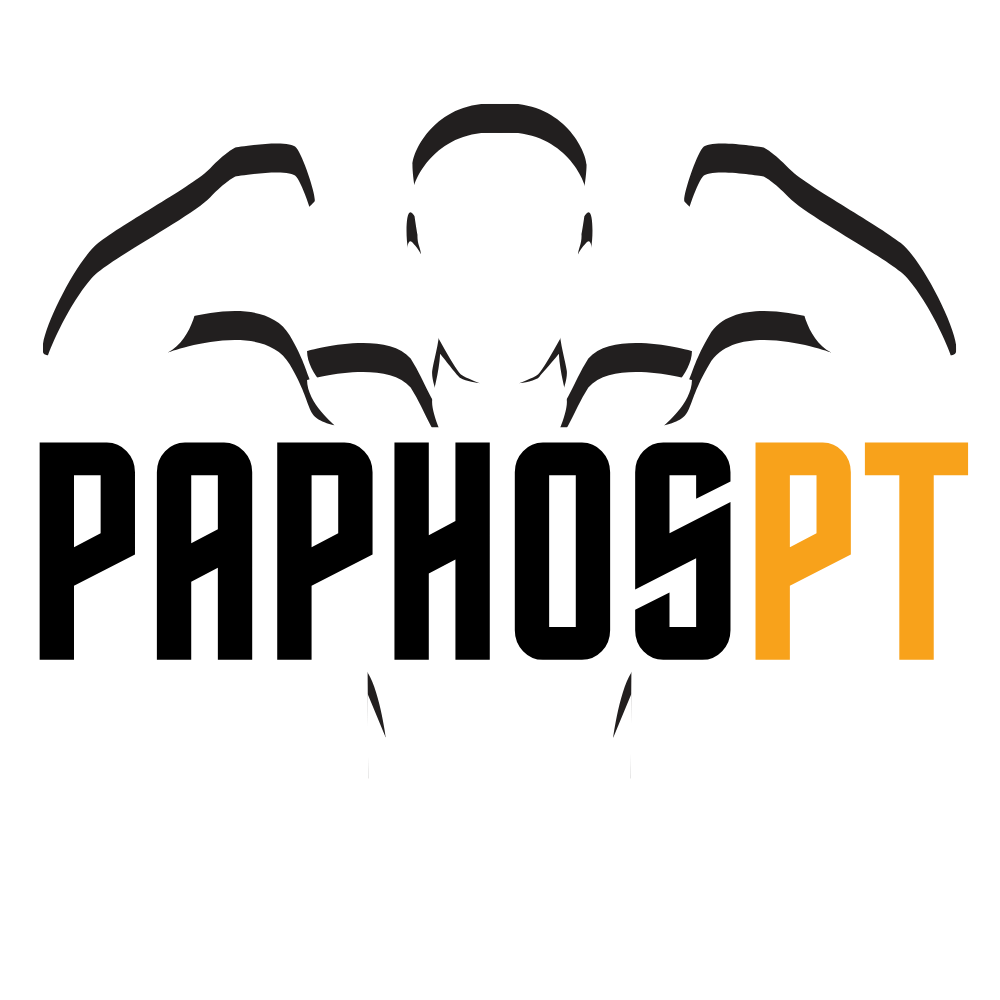Table of Contents
Nutrition Rules to Get Stronger and Build Muscle Nutrition Rules to Get Stronger and Build Muscle Nutrition Rules to Get Stronger and Build Muscle Nutrition Rules to Get Stronger and Build Muscle Nutrition Rules to Get Stronger and Build Muscle Nutrition Rules to Get Stronger and Build Muscle Nutrition Rules to Get Stronger and Build Muscle Nutrition Rules to Get Stronger and Build Muscle Nutrition Rules to Get Stronger and Build Muscle Nutrition Rules to Get Stronger and Build Muscle Nutrition Rules to Get Stronger and Build Muscle Nutrition Rules to Get Stronger and Build Muscle Nutrition Rules to Get Stronger and Build Muscle Nutrition Rules to Get Stronger and Build Muscle Nutrition Rules to Get Stronger and Build Muscle Nutrition Rules to Get Stronger and Build Muscle Nutrition Rules to Get Stronger and Build Muscle Nutrition Rules to Get Stronger and Build Muscle Nutrition Rules to Get Stronger and Build Muscle Nutrition Rules to Get Stronger and Build Muscle Nutrition Rules to Get Stronger and Build Muscle
When it comes to achieving your fitness goals, nutrition plays a pivotal role. Whether you’re a seasoned athlete or just starting your fitness journey, understanding the right nutrition rules to get stronger and build muscle is essential. In this comprehensive guide, we’ll explore the dietary principles that can help you maximize your strength and muscle gains. Let’s dive into the first set of essential nutrition rules to get you on the path to a stronger, more muscular you.
Prioritize Protein Intake
Protein is the cornerstone of muscle building. It provides the necessary amino acids that repair and build muscle tissue. To get stronger and build muscle, it’s crucial to prioritize your protein intake. Here’s how:
Determine Your Protein Needs
The first step in maximizing muscle growth is determining how much protein you need. While the general recommendation is about 0.8 grams of protein per kilogram of body weight, those aiming to build muscle should aim higher. A good rule of thumb is to consume between 1.2 to 2.2 grams of protein per kilogram of body weight daily. For example, if you weigh 70 kilograms, you should aim for at least 84 to 154 grams of protein per day.
Choose High-Quality Protein Sources
Not all proteins are created equal. High-quality protein sources contain all the essential amino acids your body needs for muscle growth. Incorporate a variety of protein-rich foods into your diet, such as:
- Lean meats: Chicken, turkey, and lean cuts of beef or pork.
- Fish and seafood: Salmon, tuna, shrimp, and other fish are excellent sources of protein and healthy fats.
- Dairy products: Greek yogurt, cottage cheese, and milk provide protein and calcium.
- Eggs: A versatile and affordable protein source.
- Plant-based options: Tofu, tempeh, lentils, chickpeas, and quinoa are great for vegetarians and vegans.
Timing Your Protein Intake
When you consume protein can be just as important as how much you consume. Spread your protein intake evenly throughout the day to support continuous muscle repair and growth. Aim to include a source of protein in every meal and snack. Additionally, consuming protein within 30 minutes to an hour after your workout can enhance muscle recovery and growth.
Balance Your Macronutrients
While protein is vital, don’t neglect the importance of balancing your overall macronutrient intake. Carbohydrates and fats also play critical roles in building muscle and providing energy for your workouts.
Carbohydrates for Energy
Carbohydrates are your body’s primary source of energy. They fuel your workouts and help replenish glycogen stores in your muscles. To get stronger and build muscle, ensure you’re consuming enough carbohydrates to meet your energy needs. Focus on complex carbohydrates such as:
- Whole grains: Brown rice, oats, quinoa, and whole wheat products.
- Fruits and vegetables: Rich in vitamins, minerals, and fiber.
- Legumes: Beans, lentils, and peas provide both carbohydrates and protein.
Healthy Fats for Hormone Production
Fats are essential for hormone production, including testosterone, which plays a crucial role in muscle growth. Include healthy fats in your diet to support overall health and muscle building. Sources of healthy fats include:
- Avocados: Rich in monounsaturated fats.
- Nuts and seeds: Almonds, walnuts, chia seeds, and flaxseeds.
- Olive oil: A heart-healthy fat ideal for cooking and salads.
- Fatty fish: Salmon, mackerel, and sardines provide omega-3 fatty acids.
Stay Hydrated
Hydration is often overlooked but is essential for muscle function and overall performance. Dehydration can lead to muscle cramps, fatigue, and impaired exercise performance. Here’s how to ensure you stay properly hydrated:
Drink Enough Water
Aim to drink at least 8-10 glasses of water per day, and more if you’re engaging in intense physical activity. A good indicator of adequate hydration is light yellow urine.
Monitor Your Electrolyte Balance
During intense workouts, you lose electrolytes through sweat. Electrolytes such as sodium, potassium, and magnesium are crucial for muscle function. Replenish these lost electrolytes by consuming sports drinks, coconut water, or foods rich in electrolytes like bananas and leafy greens.
Incorporate Nutrient-Dense Foods
To support muscle growth and overall health, focus on nutrient-dense foods that provide a wide range of vitamins and minerals. These foods not only help you get stronger and build muscle but also support your immune system, bone health, and energy levels.
Fruits and Vegetables
Fruits and vegetables are packed with essential vitamins, minerals, and antioxidants. Aim to include a variety of colors in your diet to ensure you’re getting a broad spectrum of nutrients. Leafy greens, berries, citrus fruits, and cruciferous vegetables like broccoli and Brussels sprouts are excellent choices.
Whole Grains
Whole grains provide sustained energy and important nutrients such as fiber, B vitamins, and iron. Incorporate whole grains like brown rice, quinoa, whole wheat bread, and oats into your meals.
Lean Proteins
As mentioned earlier, lean proteins are crucial for muscle repair and growth. Choose a variety of lean protein sources to keep your diet interesting and nutritious.
Healthy Fats
Healthy fats support hormone production and overall health. Avocados, nuts, seeds, olive oil, and fatty fish should be staples in your diet.
By following these nutrition rules, you can set a solid foundation for muscle growth and increased strength. Prioritize protein, balance your macronutrients, stay hydrated, and incorporate nutrient-dense foods into your diet. With these principles in mind, you’ll be well on your way to achieving your fitness goals.

Optimize Your Caloric Intake
To build muscle, you need to ensure that your body has enough energy to support muscle synthesis and repair. This often means consuming more calories than you burn, especially if you’re engaging in intense strength training.
Calculate Your Caloric Needs
Start by calculating your Basal Metabolic Rate (BMR), which is the number of calories your body needs at rest to maintain basic physiological functions. Then, factor in your activity level to estimate your Total Daily Energy Expenditure (TDEE). To build muscle, aim to consume around 300-500 calories above your TDEE.
Choose Calorie-Dense, Nutrient-Rich Foods
If you struggle to consume enough calories, focus on calorie-dense, nutrient-rich foods. These foods provide more calories and nutrients in smaller portions, making it easier to meet your caloric goals without feeling overly full.
- Nuts and nut butters: High in healthy fats and protein.
- Dried fruits: Concentrated sources of energy and nutrients.
- Whole milk and dairy products: Rich in protein, fat, and calcium.
- Healthy oils: Olive oil, coconut oil, and avocado oil can add calories and healthy fats to your meals.
Practice Meal Timing and Frequency
When it comes to building muscle, when and how often you eat can be just as important as what you eat. Strategic meal timing and frequency can help ensure a steady supply of nutrients to your muscles throughout the day.
Eat Multiple Small Meals
Instead of three large meals, aim for 5-6 smaller meals spread throughout the day. This approach can help maintain a positive nitrogen balance, essential for muscle growth, and keep your energy levels stable.
Pre-Workout Nutrition
Fueling your body before a workout can enhance performance and prevent muscle breakdown. A balanced pre-workout meal should include:
- Carbohydrates: For quick energy. Opt for easily digestible options like fruits, oats, or whole grain bread.
- Protein: To support muscle repair and growth. Consider lean meats, dairy, or protein shakes.
Consume your pre-workout meal about 1-2 hours before exercising to give your body time to digest and utilize the nutrients.
Post-Workout Nutrition
The post-workout period, often referred to as the “anabolic window,” is crucial for muscle recovery. Within 30 minutes to an hour after your workout, consume a meal or snack rich in protein and carbohydrates to replenish glycogen stores and promote muscle protein synthesis.
- Protein: Whey protein shakes, Greek yogurt, or a chicken sandwich.
- Carbohydrates: Fruit, rice cakes, or a banana.
Incorporate Supplements Wisely
While whole foods should form the foundation of your diet, supplements can help fill nutritional gaps and support muscle growth. Here are some supplements to consider:
Protein Powder
Protein powder is a convenient way to increase your protein intake, especially if you’re struggling to meet your needs through food alone. Whey protein is a popular choice due to its high biological value and quick absorption. For those who are lactose intolerant or vegan, plant-based protein powders like pea, hemp, or soy protein are excellent alternatives.
Creatine
Creatine is one of the most researched and effective supplements for muscle building. It helps increase strength, improve exercise performance, and promote muscle growth. A typical dose is 3-5 grams per day, taken consistently.
Branched-Chain Amino Acids (BCAAs)
BCAAs (leucine, isoleucine, and valine) can help reduce muscle soreness, prevent muscle breakdown, and promote muscle protein synthesis. BCAA supplements are particularly useful if you train fasted or have long gaps between meals.
Omega-3 Fatty Acids
Omega-3 fatty acids, found in fish oil supplements, support muscle recovery, reduce inflammation, and improve overall health. Aim for a daily dose of 1-3 grams of combined EPA and DHA.
Manage Micronutrient Intake
While macronutrients like protein, carbohydrates, and fats are crucial for muscle growth, micronutrients (vitamins and minerals) also play vital roles in overall health and muscle function.
Focus on Essential Micronutrients
Ensure you’re getting adequate amounts of the following key micronutrients:
- Vitamin D: Supports bone health and muscle function. Sources include fatty fish, fortified dairy products, and sunlight exposure.
- Calcium: Important for bone health and muscle contraction. Sources include dairy products, leafy greens, and fortified plant milks.
- Magnesium: Involved in muscle function and energy production. Sources include nuts, seeds, whole grains, and leafy greens.
- Iron: Essential for oxygen transport and energy production. Sources include red meat, poultry, beans, and fortified cereals.
- Zinc: Supports immune function and protein synthesis. Sources include meat, shellfish, legumes, and seeds.
Consider a Multivitamin
If you find it challenging to meet your micronutrient needs through diet alone, consider taking a daily multivitamin to cover your bases. Choose a high-quality product that provides a broad spectrum of vitamins and minerals.
Listen to Your Body
Lastly, it’s essential to listen to your body and adjust your nutrition and training as needed. Everyone’s body responds differently to various foods and training regimens, so pay attention to how you feel and perform.
Monitor Progress
Keep track of your dietary intake, workouts, and progress. Adjust your calorie and nutrient intake based on your results and how your body responds. If you’re not seeing the desired muscle growth, consider increasing your protein or calorie intake.
Stay Flexible
Flexibility is key. Don’t be afraid to tweak your diet and try new foods or meal plans. Your nutritional needs may change over time, so be prepared to adapt and find what works best for you.
By optimizing your caloric intake, practicing strategic meal timing, incorporating supplements wisely, managing micronutrient intake, and listening to your body, you can further enhance your muscle-building journey. These additional nutrition rules will support your efforts to get stronger and build muscle effectively.






